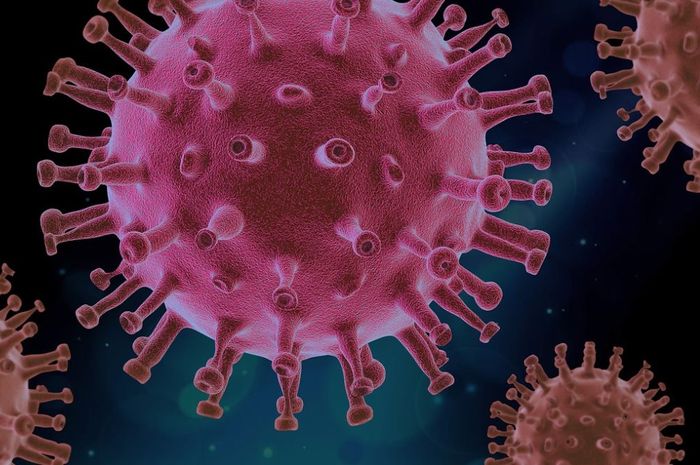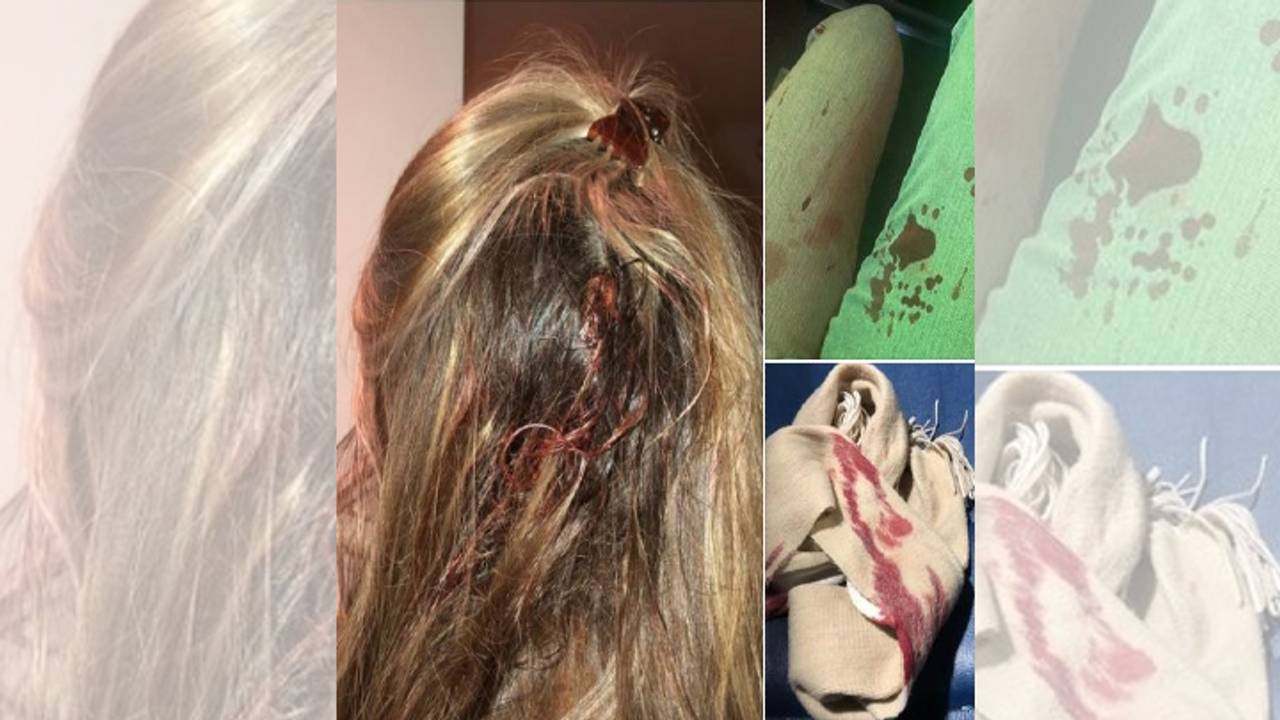(BL / RT) The “Black Forest Goat Enjoyment” gastro campaign from June 3rd to 19th, 2022 in the Black Forest and neighboring regions is a new edition of the culinary friendship with the meat of young goats. During the action weeks, the action team for the gastronomy organizes the regional procurement of goods, marketing and media visibility. Gastronomy gives the meat of the organic young goat “culinary wings” with the aim of allowing consumers to rediscover the largely unknown, but particularly high-quality, healthy and sustainable organic young goat meat.
Today, the initiators and participating restaurateurs held a press conference at the Hotel Colombi in Freiburg to provide information about the reasons and details of the upcoming weeks of action.
From June 3rd to 19th, the “Black Forest Goat Enjoyment” campaign weeks will start, in which 13 gastronomic establishments and canteens, as well as four dairy goat farms will take part. The background is that due to the increasing demand for organic goat’s milk and cheese, a sustainable sales market for the valuable meat of the young animals must be found. An important partner is the catering trade, which can make full use of this specialty in all its diversity and whet the consumer’s appetite for the outstanding product. At the same time, the cycles in food production are closed by using the meat, thus contributing to sustainable nutrition.
A side effect of the campaign that should not be underestimated is that it promotes regional added value and economic relations between the dairy goat farms and the catering trade. The use of a valuable meat resource, which has hardly been used up to now, expands the menus of the gastronomy with an exquisite and local specialty product. With the grazing of the goats, the landscape is protected and kept open. In addition, ecological animal husbandry and animal welfare are supported.
In a virtual greeting, Minister of Agriculture Peter Hauk spoke about the quality of the kid meat. It is a high-quality and healthy product that is mainly produced regionally. “We want to use the potential of the product to further increase the organic quota in the food sector,” says Hauk. It is about making regional organic products more visible. The catering industry is an important partner in this. You can work out the special features of the organic products even better through appropriate processing. The minister wished the campaign every success.
Project manager Angelika Esser once again addressed the facts that led to the idea of the campaign. “The high demand for goat milk and cheese inevitably means that many kids are born. While the female kids can be raised as offspring for milk production, the small bucks result in a surplus of animals that cannot be fully utilized at the moment. However, in order to be able to use the animals sensibly, awareness of the excellent meat in the minds of consumers must be strengthened. This is best done through gastronomy, which can serve as a multiplier.
“We want to bring the kid meat back into the conversation with our dishes,” explained Harald Derfuss, head chef at the Hotel Colombi. Kid is demanding in the preparation, but healthy and very tasty. He is looking forward to the challenge of conjuring up equally great dishes from great meat.
Klaus Flesch, CEO of Slow Food Germany, made a similar statement. “The theme fits perfectly into the Slow Food concept. I am very happy that it is receiving attention in the region through the campaign weeks.”
Marion Buley (Demeter Association) reported on similar actions in the Spessart. There, the action weeks had generated a very high response and significantly increased the demand for kids.
Andreas Kern (Bioland) remarked that it was good that the excess kid meat could be used more as a result of the campaign. “I have legitimate hopes that the campaign weeks will help farmers,” says Kern.
Farmer Vera Schulz explained that the goats have two important jobs. In addition to milk production, they would keep the landscape open and protect it from bush encroachment. “I’m glad that the gastronomy is helping us to market the kid meat,” says the farmer.
The campaign weeks were developed by the organic lambs project and the Freiburg organic model region. The project is funded by the Ministry of Agriculture.
Participating restaurateurs are
Am Felsenkeller Hotel and organic restaurant (Staufen)
Colombi Hotel (Freiburg)
La Table (Baden-Baden)
The Crown (Staufen)
Zähringer Hof (Münstertal-Stohren)
Gasthaus Tanne (Tunau)
Erasmus (Karlsruhe)
Landgasthof Hotel Hirsch (Lossburg)
Wielandshöhe (Stuttgart)
Bioland Restaurant Rose (Vellberg)
AOK Forum Freiburg
Casino at the Freiburg University Hospital
City hall canteen Freiburg
Delivering goat milk farms
• Stefan Schittenhelm, Waldachtal
• Tile Schulz, Lauterbach
• Matthias Weber, Elzach
• Otto Rees, Horben
Project “Organic Lambs”:
The value-added chain project “Marketing organic kids and lambs in southern Germany with respect” aims to set up organic value-added chains for organic lambs and kids in southern Germany, from the companies to the end consumers.
The background is that the demand for organic goat’s milk and cheese is growing and with it the number of young animals that are not needed for breeding. This applies in particular to male animals, as it does to other farm animals. It is important for them to create an appreciative, structured and sustainable sales market.
The project aims to create sustainable marketing options with reliable and long-term relationships, primarily in Bavaria and Baden-Württemberg. The “Black Forest Goat Enjoyment” gastro campaign is one of many marketing components being worked on as part of the project.
The project is funded by the Federal Ministry of Food and Agriculture on the basis of a decision by the German Bundestag as part of the Federal Program for Organic Farming and Other Forms of Sustainable Agriculture (BÖLN). Project partners are: Monte Ziego GmbH & Co. Kg, Biopulver GmbH, Andechser Molkerei Scheitz GmbH, VSZM eV, Bioland producer ring Bavaria eV and Demeter Baden-Württemberg eV
The organic model region of Freiburg is a cooperation between the districts of Breisgau-Hochschwarzwald and Emmendingen and the city of Freiburg (since 2019). It is one of the 14 organic model regions that have been set up by the Ministry of Food, Rural Areas and Consumer Protection over the past three years.
Organic model regions support the goal of achieving 30 to 40% organic farming in Baden-Württemberg by 2030 with specific projects and measures.
The central goal is to strengthen the regional added value of organic food. To do this, it is important to network the actors from production, processing and marketing to the consumer and thus to initiate and support cooperation and projects. In this way, supply and demand should be better bundled and brought together.
The focus of the work of the organic model region Freiburg is:
Increasing the proportion of regional organic products in out-of-home catering, associated with the development of regional value chains for communal catering
Promotion of the marketing of wines made from fungus-resistant grape varieties (“Piwis”)
Development of a value chain for calves from organic dairy farming
Strengthening of the urban-rural relationship (e.g. raising awareness of organic farming)
–
Every author of a report (company, association, person…) also has HIS own “extra newspaper” at REGIOTRENDS! Click on the red name behind “More posts from” at the top. You can already see ALL his retrievable reports in our brand new internet newspaper.

